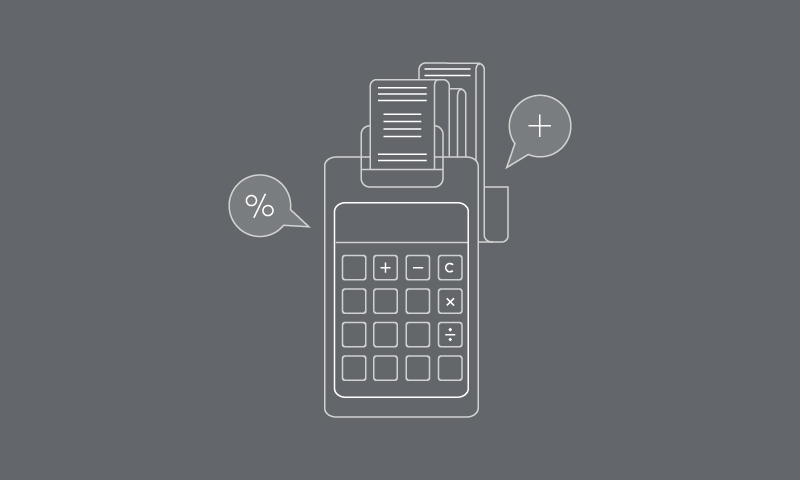21 July 2022
Back in March 2022, when Rishi Sunak was Chancellor of the Exchequer, he announced in his Spring statement that income tax would reduce from 20 per cent to 19 per cent from 6 April 2024.
Gift Aid is linked to the basic rate of income tax, so this reduction in income tax would have a knock-on effect on the amount of Gift Aid the charity sector can claim. A warm welcome was also given to the government’s announcement that there’d be a three-year transition period for Gift Aid when the income tax reduction is introduced from April 2024.
What does this mean for the charity sector?
In essence, what this means for the charity sector is that, for the three-year transition period, the income tax basic rate relief at 20 per cent will continue to apply for Gift Aid, at least for the short term.
This Gift Aid transitional relief mechanism will be automatic, which is good news as it means that there is no additional administrative burden on the charity sector. Charities can submit their Gift Aid reclaims and, for at least the next three years, they will continue to be issued as if the 20 per cent income tax rate had continued.
Without this transitional relief, it has been estimated that it would have cost the charity sector approximately £250m in lost Gift Aid over three years. This transitional relief will therefore safeguard over £250m of charity income.
After April 2027, the effective rate of Gift Aid reclaim is due to fall from the current rate of 25 per cent to 23 per cent. This is a significant drop for charities that rely on income from Gift Aid to carry out their work, and they may need to look at alternative sources to bridge their funding deficits.
Undoubtedly, this will put further pressure on the charity sector – and, with pledges to cut tax rates a feature of the Tory leadership race, the charity sector could soon be facing more challenges. To find out more about tax in the charity sector, please contact your usual RSM contact or Andrie Kazamias.









